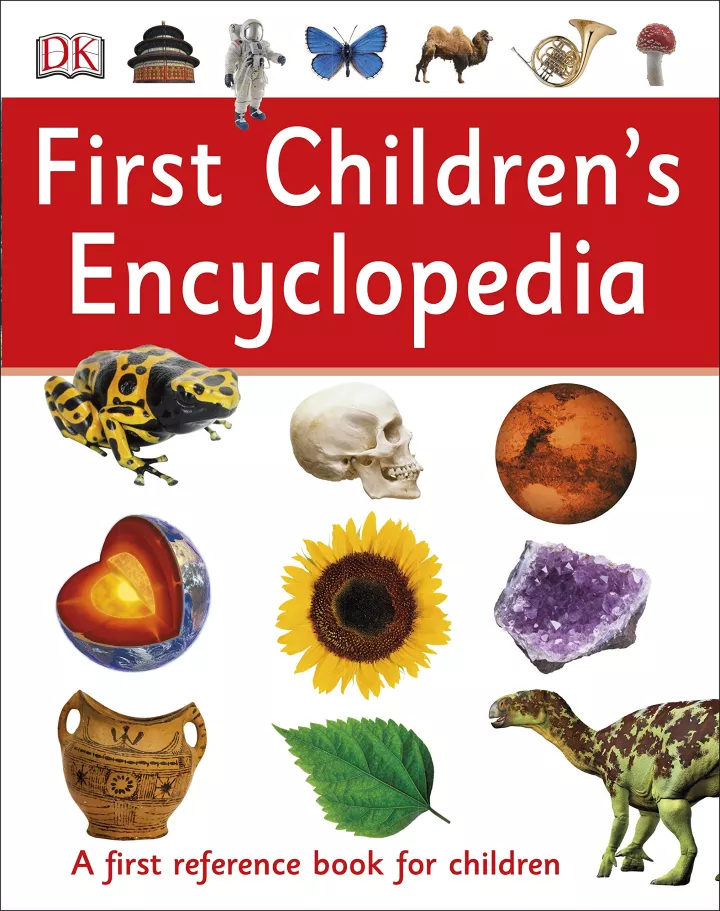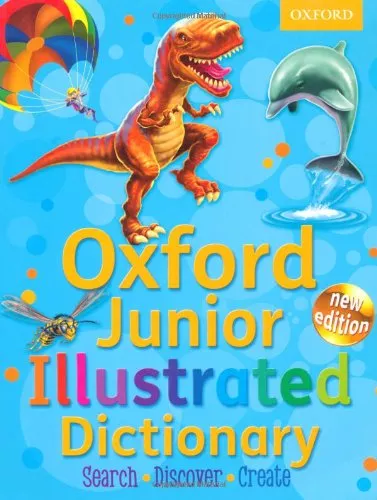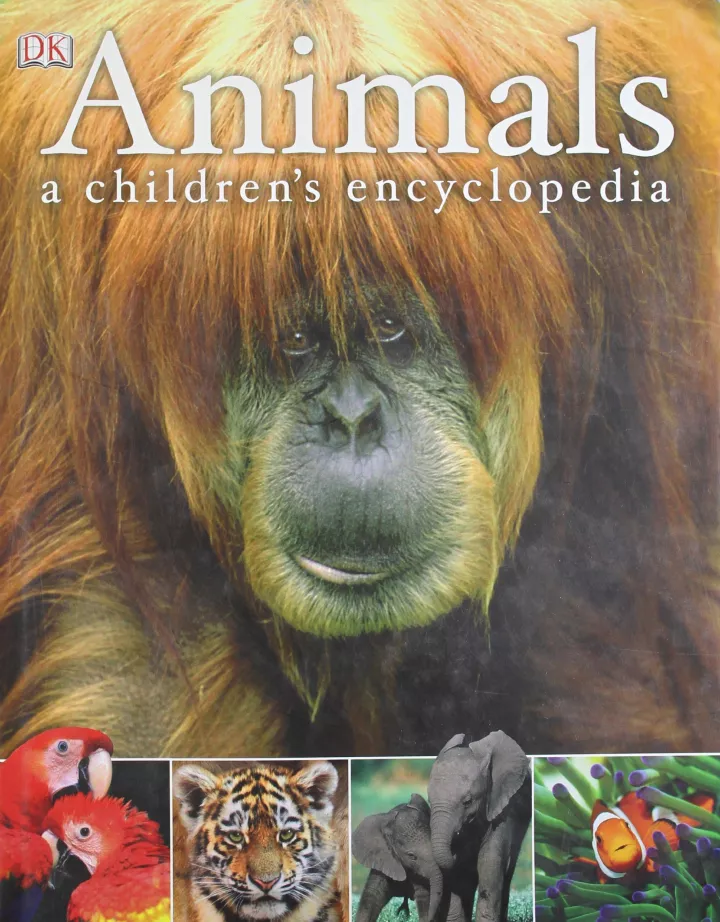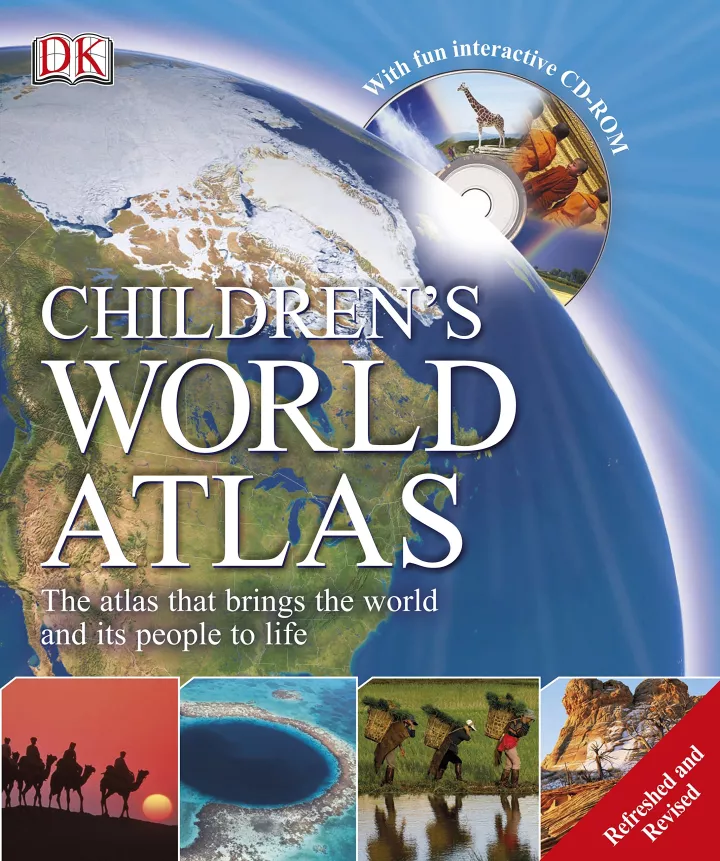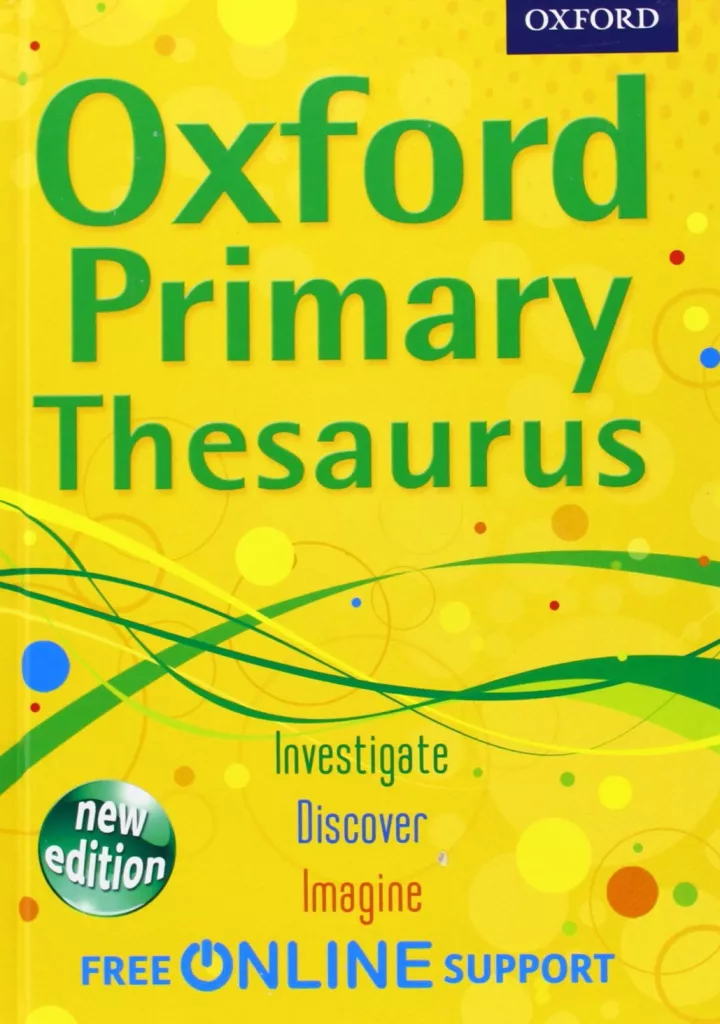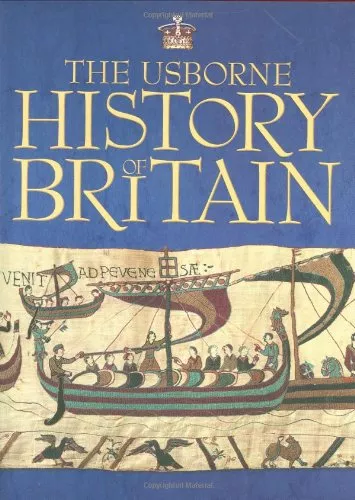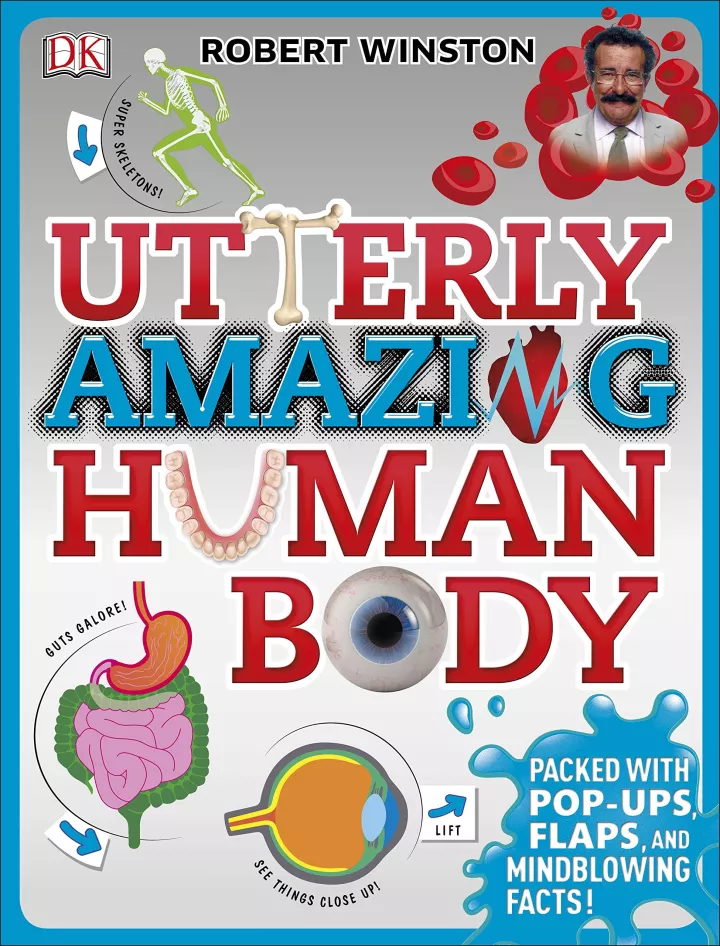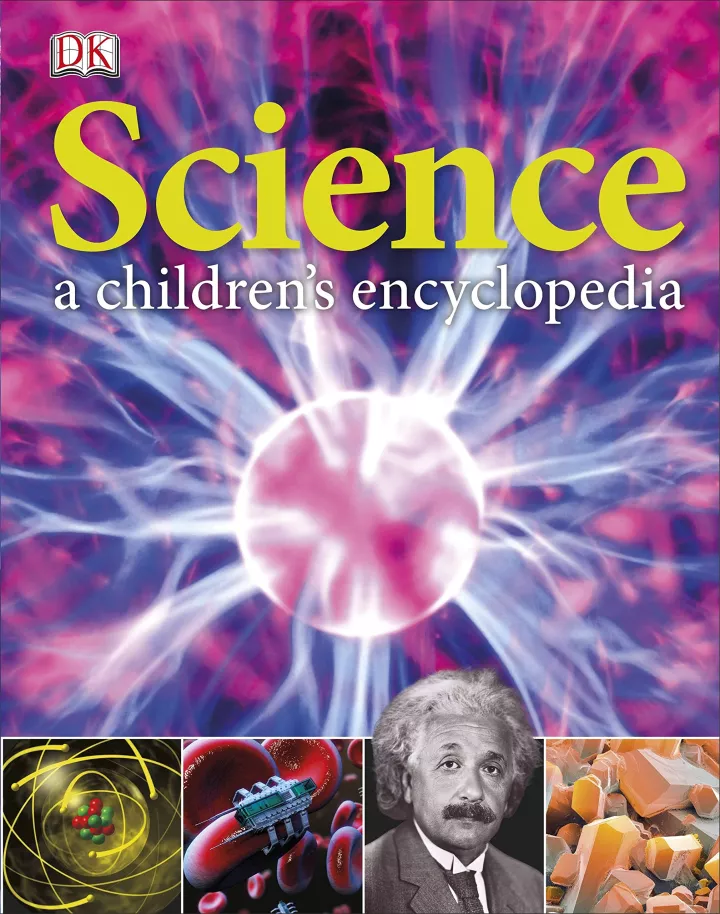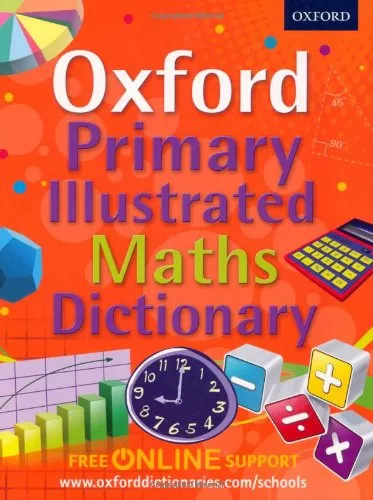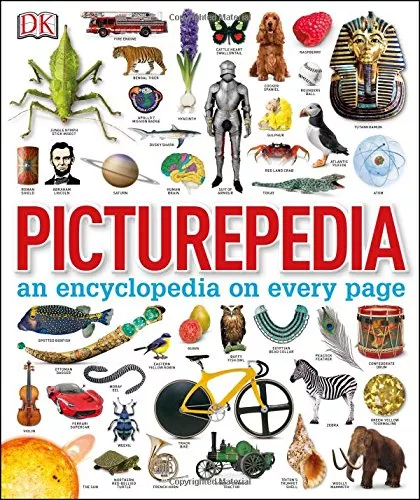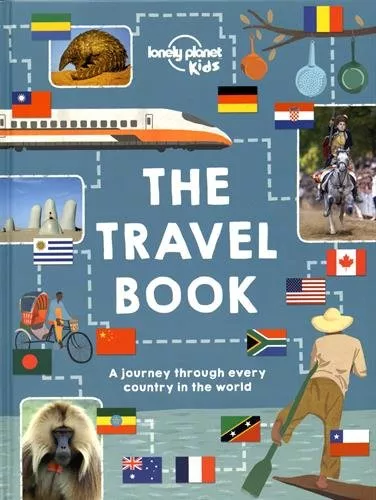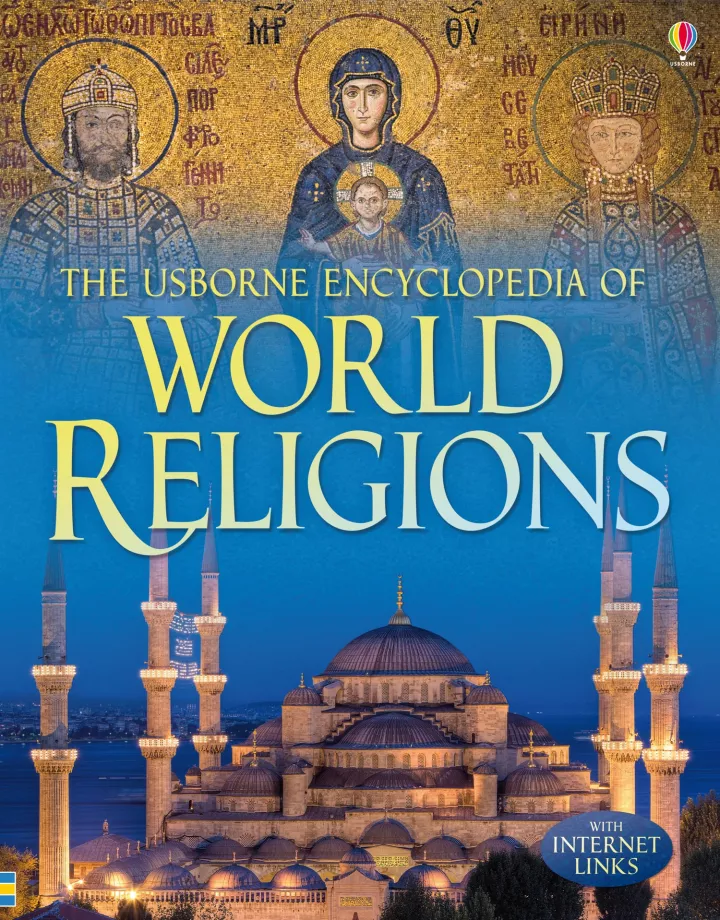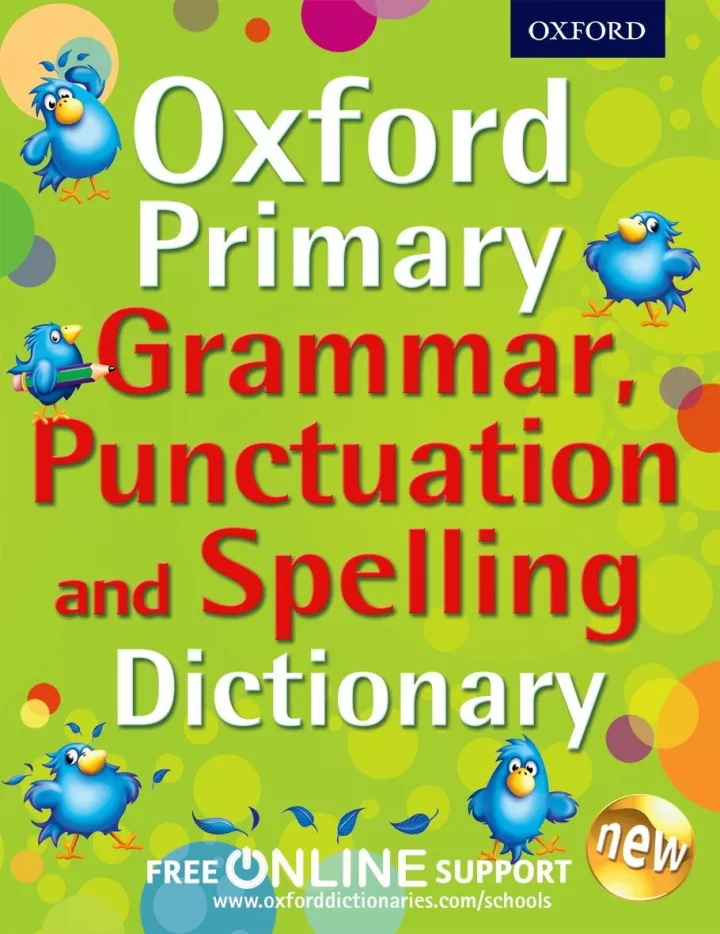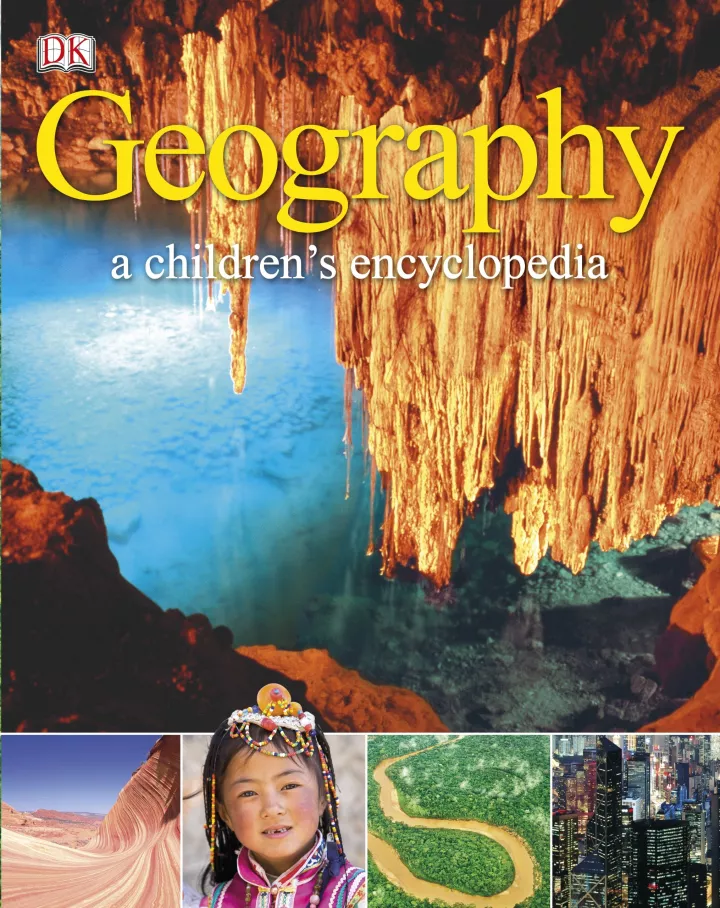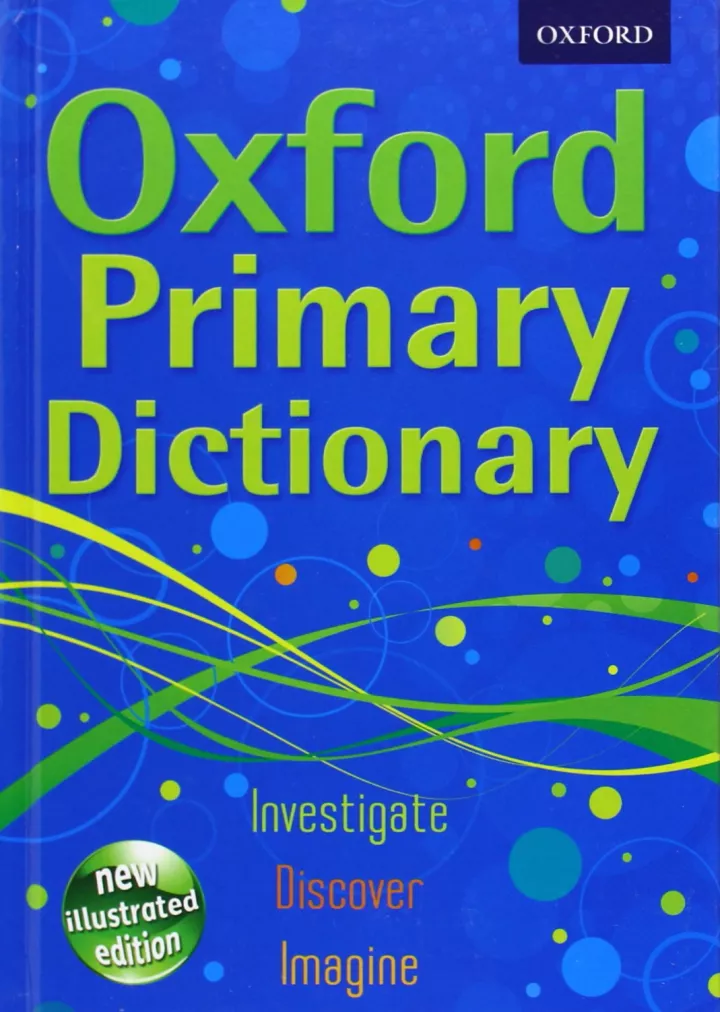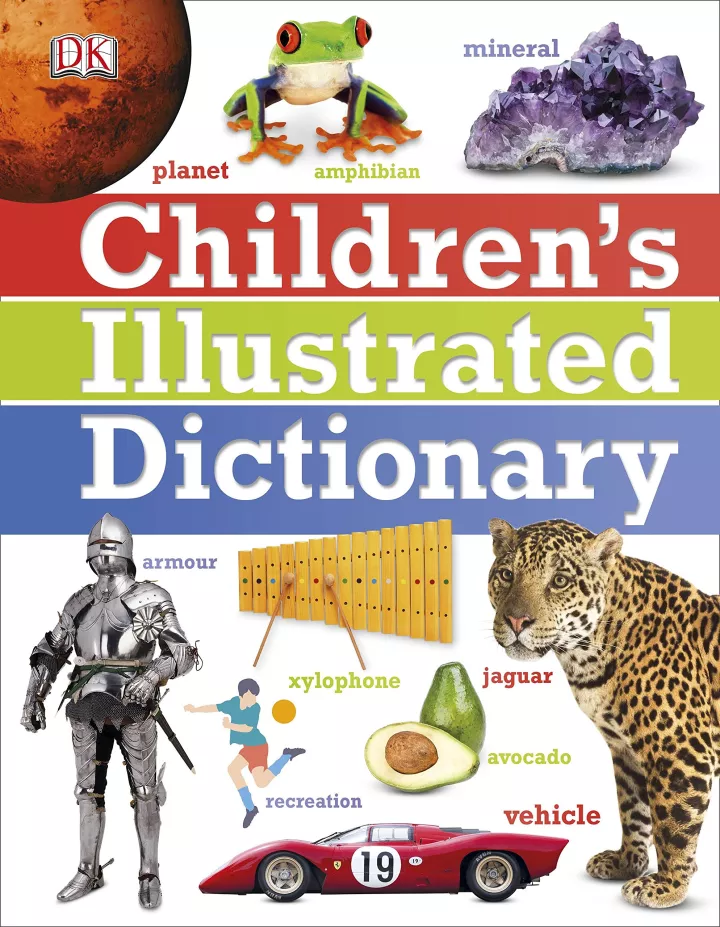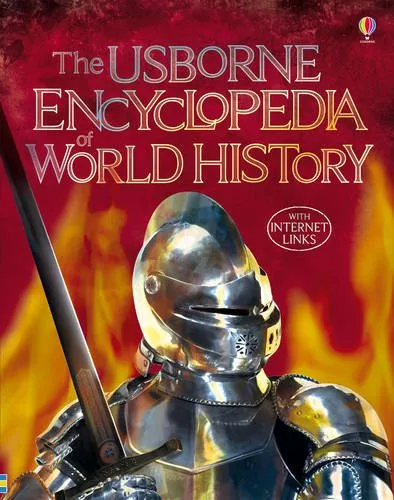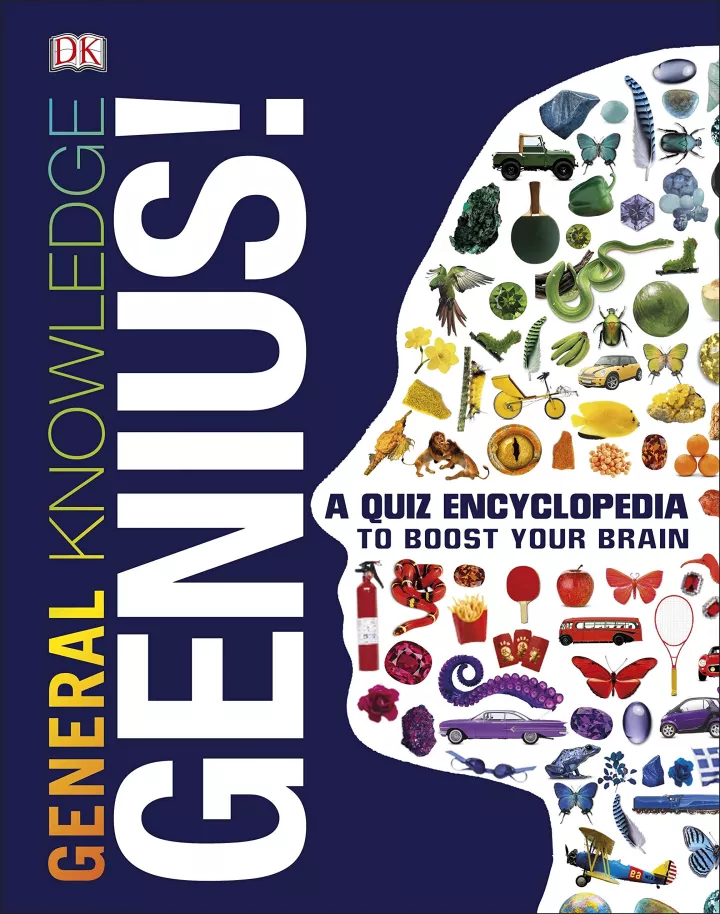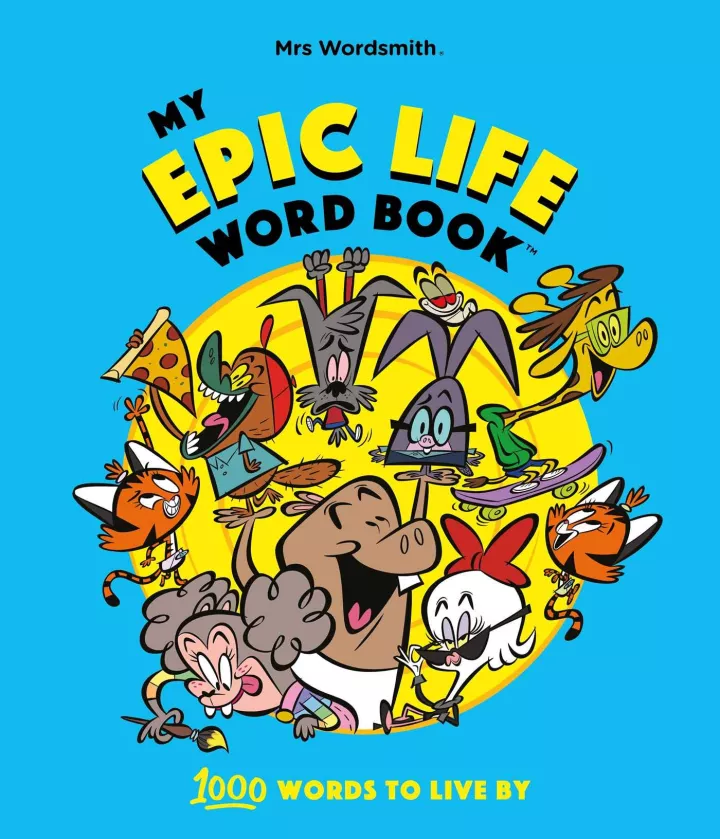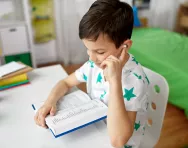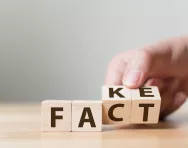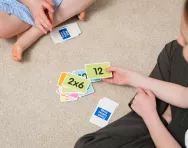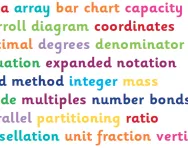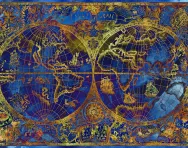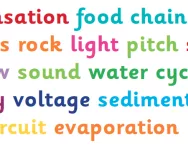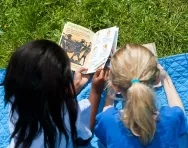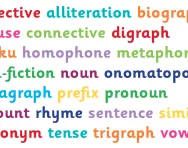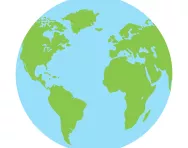TheSchoolRun.com closure date
As we informed you a few months ago, TheSchoolRun has had to make the difficult decision to close due to financial pressures and the company has now ceased trading. We had hoped to keep our content available through a partnership with another educational provider, but this provider has since withdrawn from the agreement.
As a result, we now have to permanently close TheSchoolRun.com. However, to give subscribers time to download any content they’d like to keep, we will keep the website open until 31st July 2025. After this date, the site will be taken down and there will be no further access to any resources. We strongly encourage you to download and save any resources you think you may want to use in the future.
In particular, we suggest downloading:
- Learning packs
- All the worksheets from the 11+ programme, if you are following this with your child
- Complete Learning Journey programmes (the packs below include all 40 worksheets for each programme)
You should already have received 16 primary school eBooks (worth £108.84) to download and keep. If you haven’t received these, please contact us at [email protected] before 31st July 2025, and we will send them to you.
We are very sorry that there is no way to continue offering access to resources and sincerely apologise for the inconvenience caused.
Best reference books for children
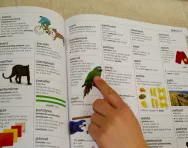
First Children's Encyclopedia
(£12.99, Dorling Kindersley)
This will be the heaviest book on your KS1 child's bookshelf, but they're likely to be lifting it down on a regular basis to get lost in the age of the dinosaurs, find out more about the history of people, venture into space and explore the world around us. There isn't too much text (and the size isn't intimidating), and the vibrant pictures burst off the page. A brilliant investment.
Oxford Junior Illustrated Dictionary
(£10.99, Oxford University Press)
A dictionary can be a brilliant tool for children aged 7-9, and this colourful illustrated dictionary offers excellent practice in using one. Highlighted letters and good use of colour and font size make it easy to find the correct word, and example sentences, pronunciation guides and other forms offer useful extra information.
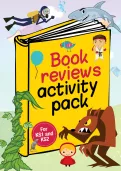
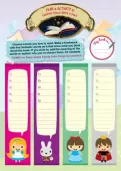
Claim A FREE Book Reviews Activity Pack!
- A huge collection of creative writing & reading comprehension resources
- Explore texts, deepen understanding, share opinions
- For Year 1 to Year 6
Animals: a children's encyclopedia
(Dorling Kindersley)
Our planet is populated by billions of creatures, and animal-loving kids will spend hours poring over the photographs, fact-files and descriptions in this animals-only encyclopedia. Living-world classification and habitats are also introduced and explained.
Children's World Atlas
(£12.99, Dorling Kindersley)
An excellent atlas (the all-new satellite maps are detailed enough for school projects but not overwhelming) which also introduces children to the different societies, cultures, climates and landscapes of our world. Flags and facts about each country are presented with beautiful photography and the book also comes with an interactive CD-Rom.
Oxford Primary Thesaurus
(£12.99, Oxford University Press)
Every child needs a thesaurus – a reference book that helps us find synonyms of words rather than explaining what words mean as a dictionary does – to help them find interesting words and give them fantastic ideas for writing. This primary thesaurus is easy to consult and has been developed with teachers to offer the best vocabulary choices for children aged 9+.
The Usborne History of Britain
(£25, Usborne)
From prehistoric Britain to the twenty-first century, the history of the British Isles is explained in just the right amount of detail for young historians. Every page is packed with colourful illustrations and photographs and anecdotes, funny stories and weird facts are peppered through the 500-page book. Great to dip in and out of!
Utterly Amazing Human Body by Robert Winston
(£14.99, Dorling Kindersley)
Get up close and personal with your body and how it works with this sturdy pop-up book from Professor Robert Winston. See inside a human ribcage, peer under your hairline, take a close-up look at a tongue and understand how the circulation and digestion processes work. The body is an important topic in KS2 science, so give your child extra insight into its secrets.
Science: a children's encyclopedia
(£17.99, Dorling Kindersley)
Matter, materials, forces, energy, light, electricity and magnetism, living organisms and scientific discoveries – every primary-school science topic is covered in this visual and informative introduction to the world around us and how it works. The explanations are clear and ideal for children (as well as scientifically-hazy parents!). A great complement to classroom science.
Oxford Primary Illustrated Maths Dictionary
(£8.99, Oxford University Press)
KS1 and KS2 maths terminology is a bit of a mystery to most parents, so helping your child with maths homework can be rather intimidating. TheSchoolRun offers a complete primary numeracy glossary for parents, but if you'd rather consult a paper-based dictionary this offers comprehensive coverage of the curriculum and the definitions are clear, with excellent diagrams and examples.
Picturepedia
(£20, Dorling Kindersley)
If your child loves non-fiction they'll be mesmerised by this picture-based guide to every aspect of life. From the Acropolis and amphibians to Ypres and Zoroastrianism, every page is bursting with vibrant photography and facts and figures. Mind-bogglingly comprehensive and truly amazing value for money.
The Travel Book
(£14.99, Lonely Planet)
Fuel children's wanderlust with this geographical treasure trove. Every country in the world is presented through a selection of wonderful facts covering natural landscapes, art and architecture, culture and tradition, language and more. Capital cities, population and life expectancy are all covered, but so too are details of where you can watch camels racing, climb a tower of sticky buns or pay for a snack with a 100-trillion-dollar banknote.
The Usborne Encyclopedia of World Religions
(£12.99, Usborne)
A balanced, detailed guide to all the major world religions, past and present. The beliefs of each religion, the ways in which people worship and the festivals and ceremonies associated with each religion are outlined in detail, with explanatory photographs and illustrations. Links to 250 websites with appropriate information are also provided.
Oxford Primary Grammar, Punctuation and Spelling Dictionary
(£10.99, Oxford University Press)
Can you tell the difference between a possessive pronoun and a relative pronoun or the active and passive voice? Do you feel confident about using apostrophes or adding suffixes to root words? If you're hoping to brush up on your grammar, punctuation and spelling skills TheSchoolRun offers a primary grammar glossary and a primary literacy glossary to help you, but this SPAG dictionary also lays out all the rules clearly and with plenty of examples.
Geography: a children's encyclopedia
(£17.99, Dorling Kindersley)
A wonderful exploration of the natural world. Though countries are introduced, this is a book about rocks and minerals, climate and weather, ecosystems and the interna; structure of the Earth, the human world and the process of mapping. The perfect introduction to our planet.
Oxford Primary Dictionary
(£12.99, Oxford University Press)
A fantastic school dictionary for children aged 9+. The words have been chosen to complement the primary curriculum and the definitions are clear and age-appropriate, with guides to pronunciation, details of the word class and examples of the words in use. A must for every bedroom desk!
Children's Illustrated Dictionary
(£12.99, Dorling Kindersley)
If your child is new to reading even a children's dictionary will seem overwhelming and hard to use. This fully-illustrated option is a great first dictionary option to choose, with thousands of pictures and clear text and letter guidance to help your child get used to looking up a word's meaning.
The Usborne Encyclopedia of World History
(£14.99, Usborne)
Children cover much more than British history as part of the primary-school curriculum, and this detailed reference book will prove very useful to support at-home project work on the ancient world, from Greece to China and south America, the medieval world and the events of the last 500 years all over the globe. Packed with explanatory illustrations.
General Knowledge Genius!
(£12.99, Dorling Kindersley)
An original, fun format for an encyclopedia: this brilliant quiz book is packed with brain-busting challenges with three levels of difficulty. Work your way from Starter, to Challenger, and finally to the tricky Genius category by naming famous rivers, identifying parts of the human skeleton or spotting the difference between an archaeopteryx and an allosaurus. More than 60 science, nature, geography, history and culture topics are covered.
My Epic Life Word Book
(£14.79, Mrs Wordsmith Inc.)
A dictionary with a difference, this vocabulary-learning adventure is packed with imaginative, madcap, colourful illustrations, words curated from global curriculum lists and the latest research-backed techniques to help children absord new words. Very funny and very effective, this story-rich word book is one your child will choose to read again and again.
Free primary-school homework help
Looking for history, geography or science infomation and need it right now? Don't forget to consult TheSchoolRun's Homework Gnome section for history, geography and science homework help.
You can also consult our maths, literacy, grammar, science and computing glossaries for a guide to all the terminology your child will be introduced to in primary school.
